Common Seaside Water Heater Myths:
What You Need to Know
As a homeowner, you may come across many myths about water heaters that can be confusing. We have created a helpful guide to address these common misconceptions and provide you with accurate information. By reading this guide, you'll gain valuable insights and discover surprising facts about water heaters.

Myth #1: They last forever
Contrary to common misconceptions, water heaters do have a limited lifespan. While they can last for several years, factors such as usage, maintenance, and quality contribute to their longevity. On average, water heaters typically have a lifespan of around 8 to 12 years. It's important to note that failing to replace an old unit in a timely manner can result in costly repairs and potential water damage to your home. If your water heater is approaching its expected lifespan, it is wise to consider exploring replacement options as early as possible to prevent such undesirable situations.

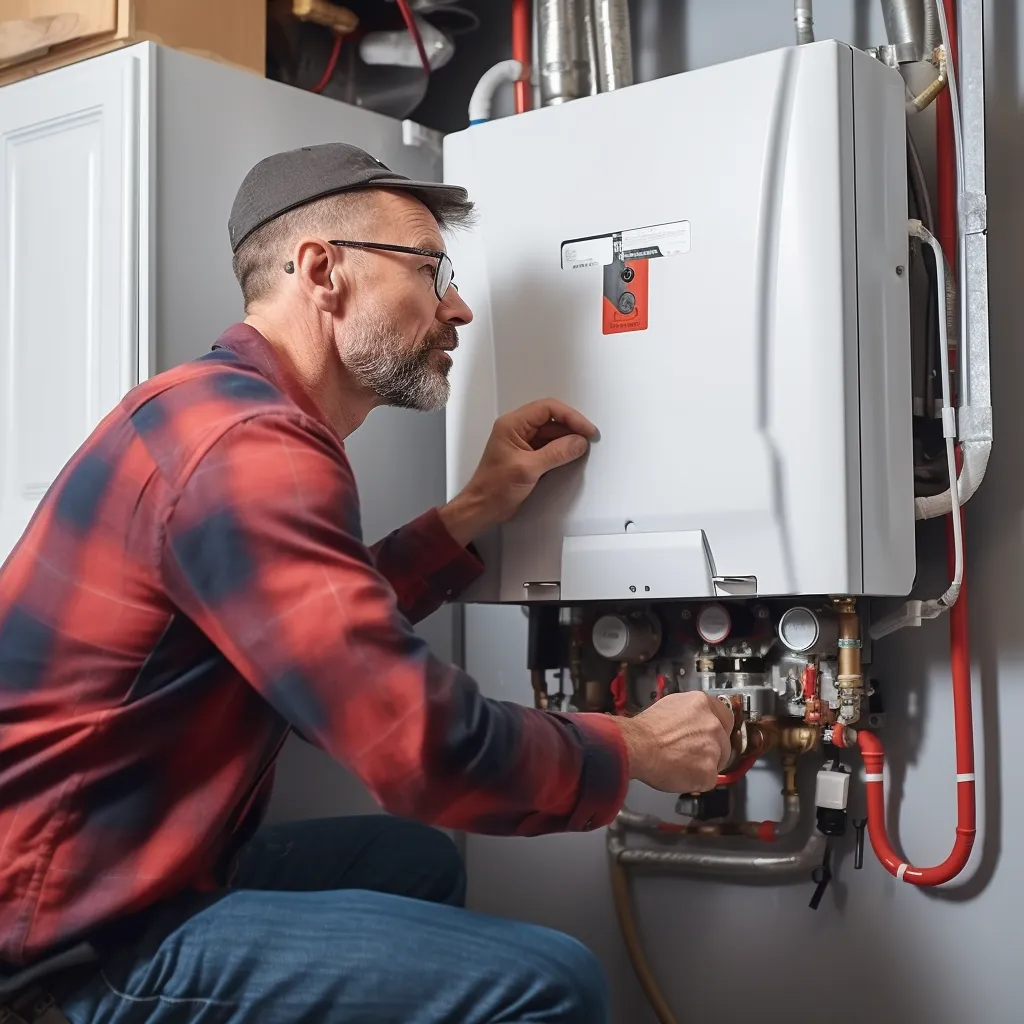
Myth #2: All water heaters are the same
Water heaters are not all the same. Just like other appliances, they come in various sizes, shapes, colors, and efficiencies. When considering a water heater purchase, it's essential to take into account your hot water needs, the desired speed of hot water delivery, and potential energy savings. By selecting the right water heater for your specific requirements, you have the potential to save hundreds of dollars on energy bills. So don't fall for the myth that all water heaters are identical. Instead, make an informed decision that will provide you with reliable hot water year-round while also putting some money back in your pocket.
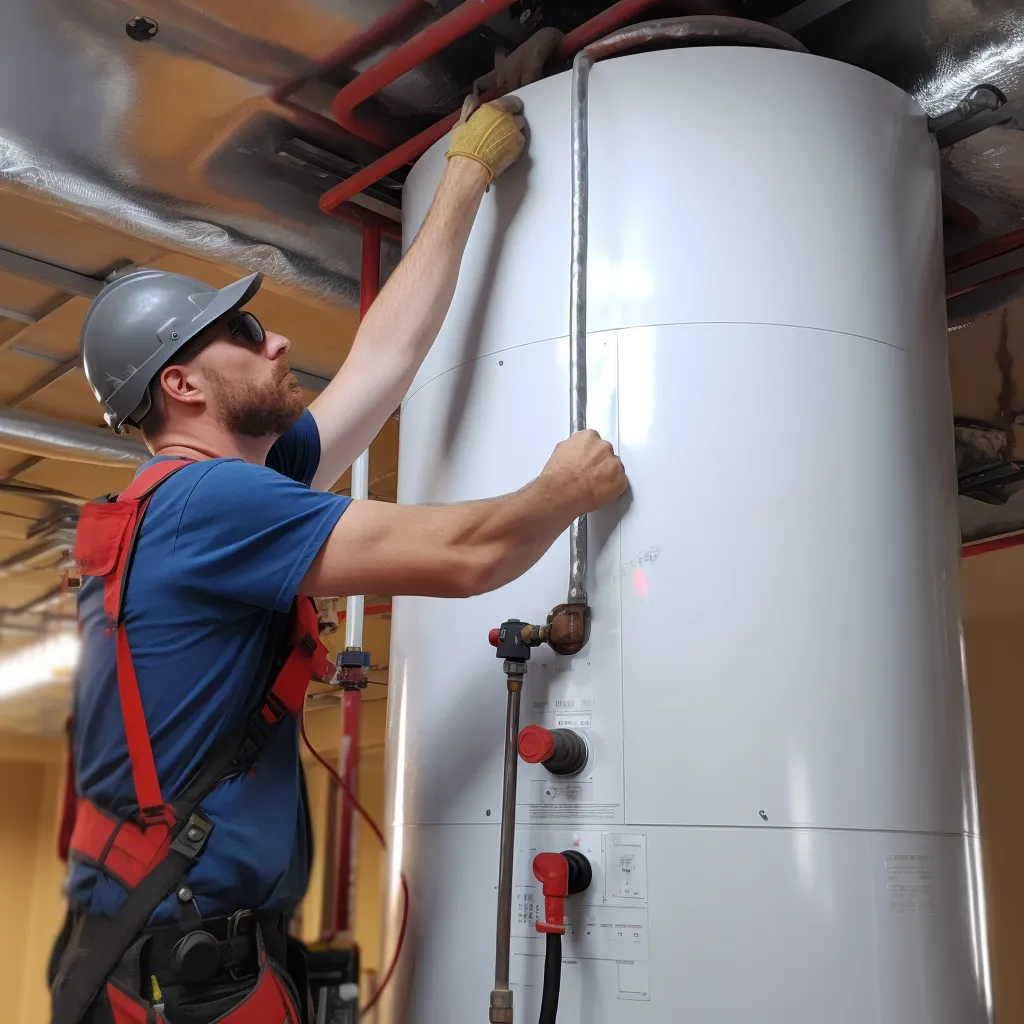
Myth #3: A bigger tank means more hot water
When selecting a hot water tank, it's important to understand that a bigger tank doesn't always mean more hot water. While larger tanks can hold more water, they can also lead to increased energy waste and higher utility bills without actually providing additional hot water. Instead, it's essential to choose a tank that meets your household's specific hot water needs, ensuring an adequate supply without unnecessary financial strain.

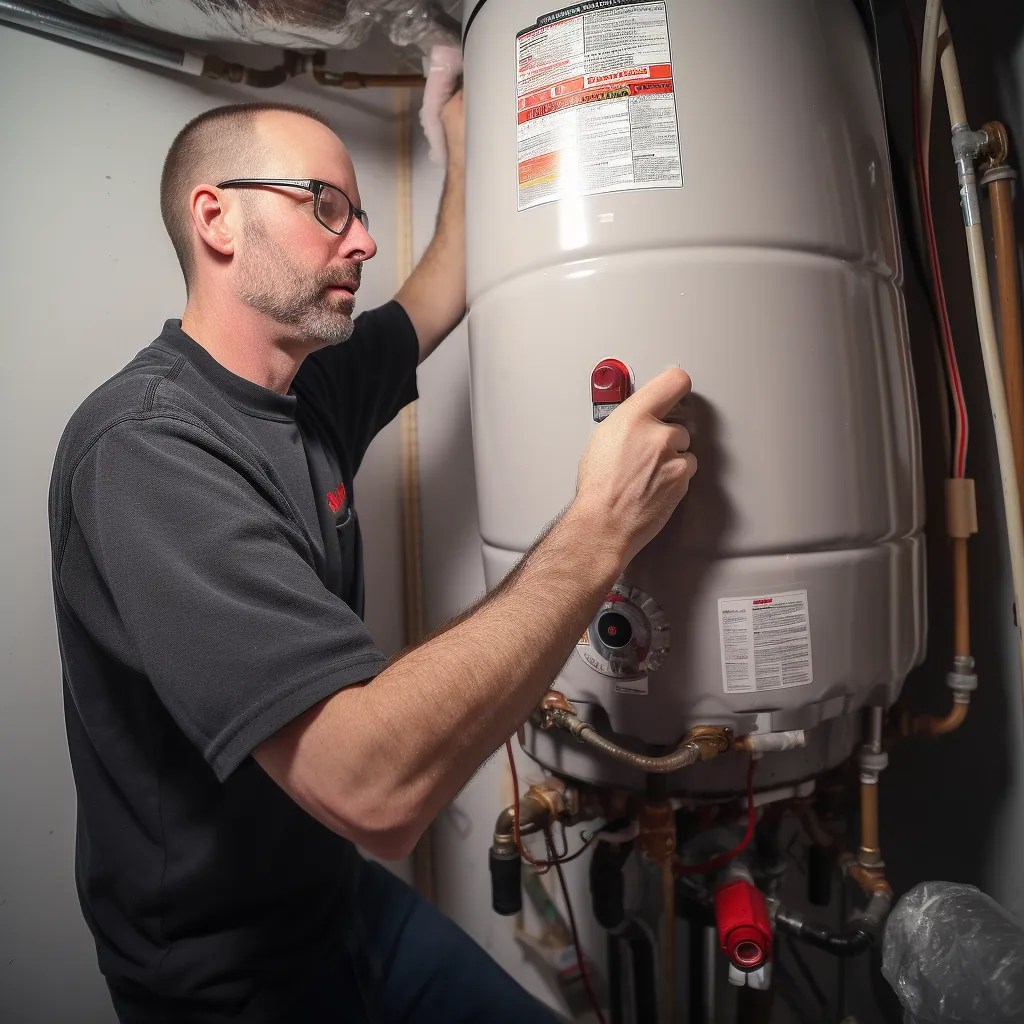
Myth #4: You can repair or replace a hot water heater yourself
If you're facing problems with your hot water heater, it's crucial to address the issue promptly. However, attempting to fix it yourself can potentially exacerbate the problem or even result in personal injury. It's highly recommended to seek the help of professional water heater repair technicians who possess the expertise and knowledge to handle the situation effectively.
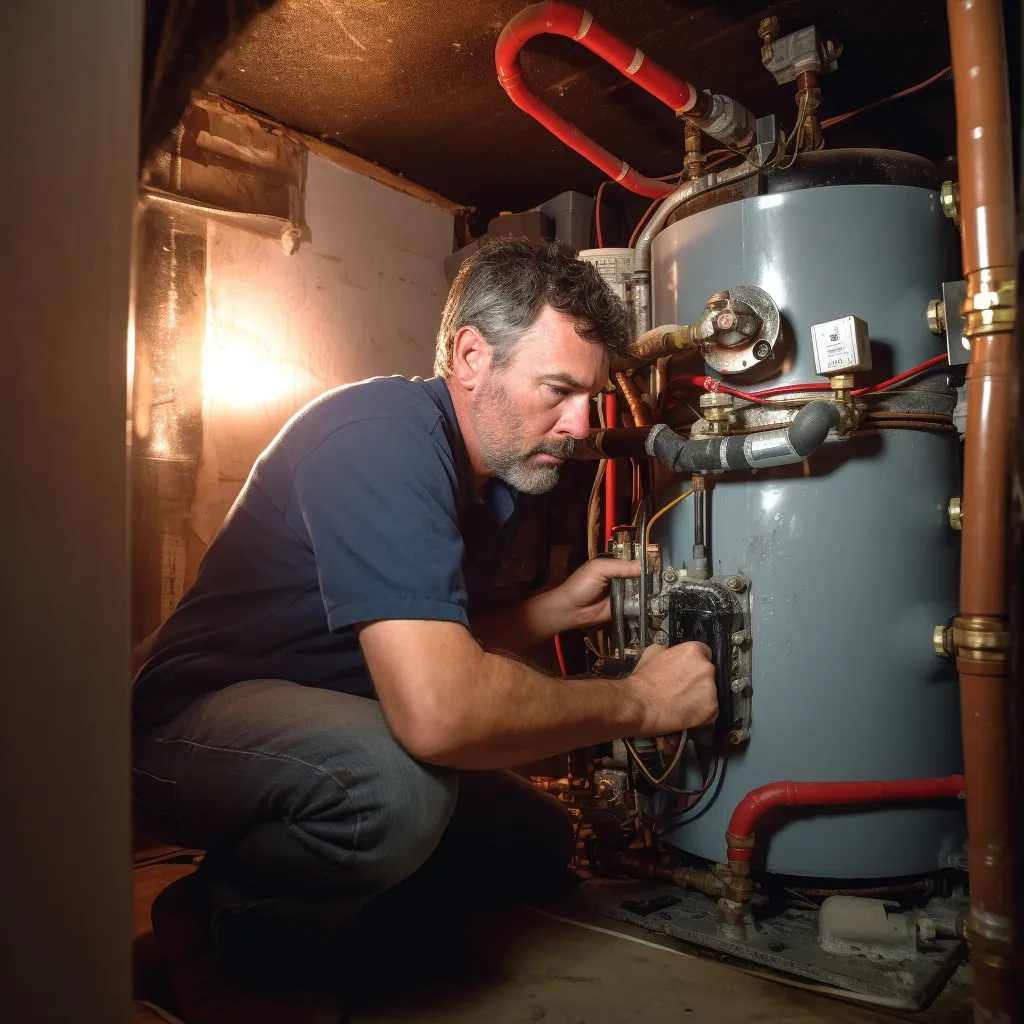
Myth #5: Your water heater doesn't need to be flushed
Regularly flushing your water heater is indeed essential for maintaining its performance and extending its lifespan. Contrary to a common myth, neglecting to flush your water heater can result in sediment accumulation within the tank, leading to decreased efficiency and potential malfunctions. By conducting regular flushing, you can prevent sediment buildup and ensure that your water heater operates efficiently.

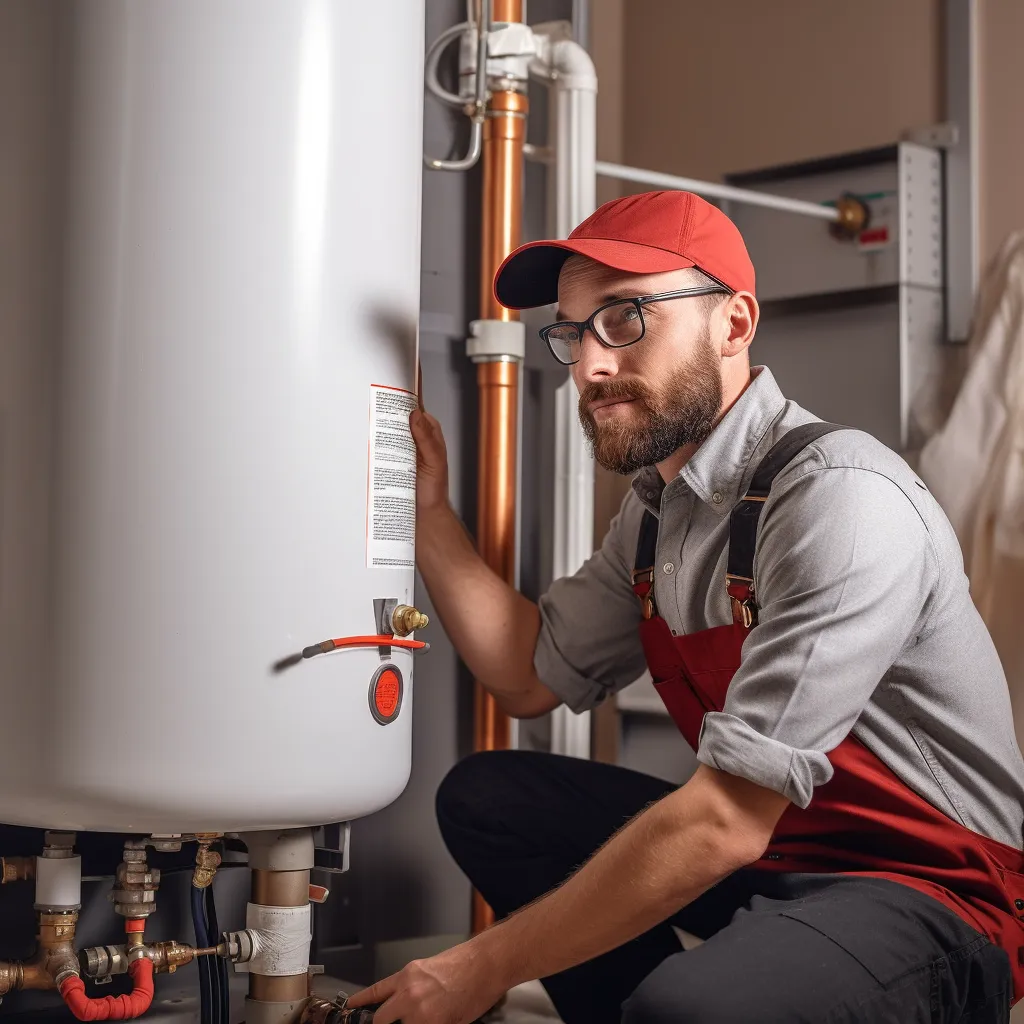
Myth #6: Keeping an outdated water heater saves money
Holding onto an outdated hot water heater in an attempt to save money is a misconception, as it can actually lead to increased energy bills. Older heaters tend to be less efficient and more susceptible to costly repairs, which can accumulate expenses over time. In contrast, replacing your old hot water heater with a reliable and energy-efficient model is a wise choice.
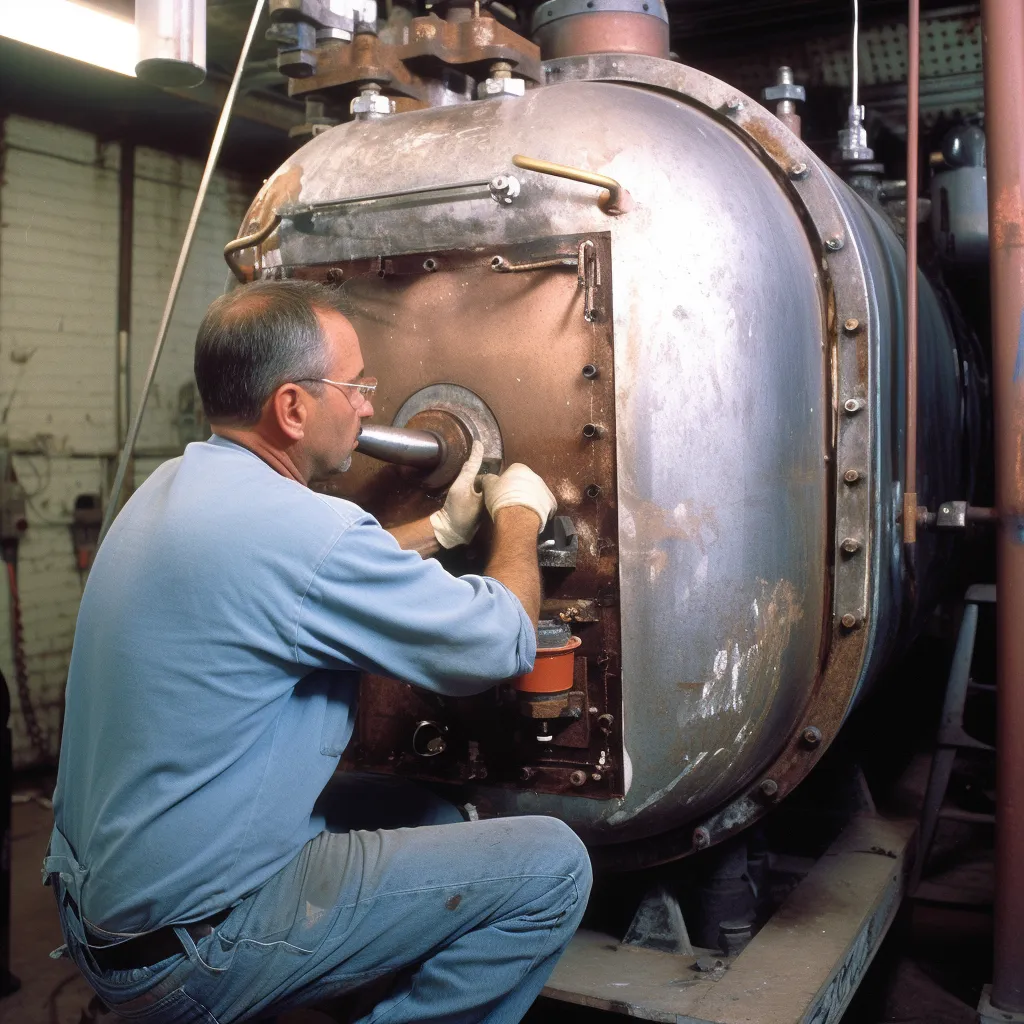
Myth #7: A bigger water tank is more energy efficient
Contrary to popular belief, opting for a bigger water tank does not necessarily result in increased efficiency or energy savings. In fact, an improperly maintained or insulated larger tank can require more energy to heat the water, leading to higher energy costs. It's essential to select a water tank that aligns with your specific needs to ensure efficient energy consumption. Choosing a larger tank when only a limited amount of hot water is required on a daily basis can lead to inefficiency and unnecessary energy consumption.
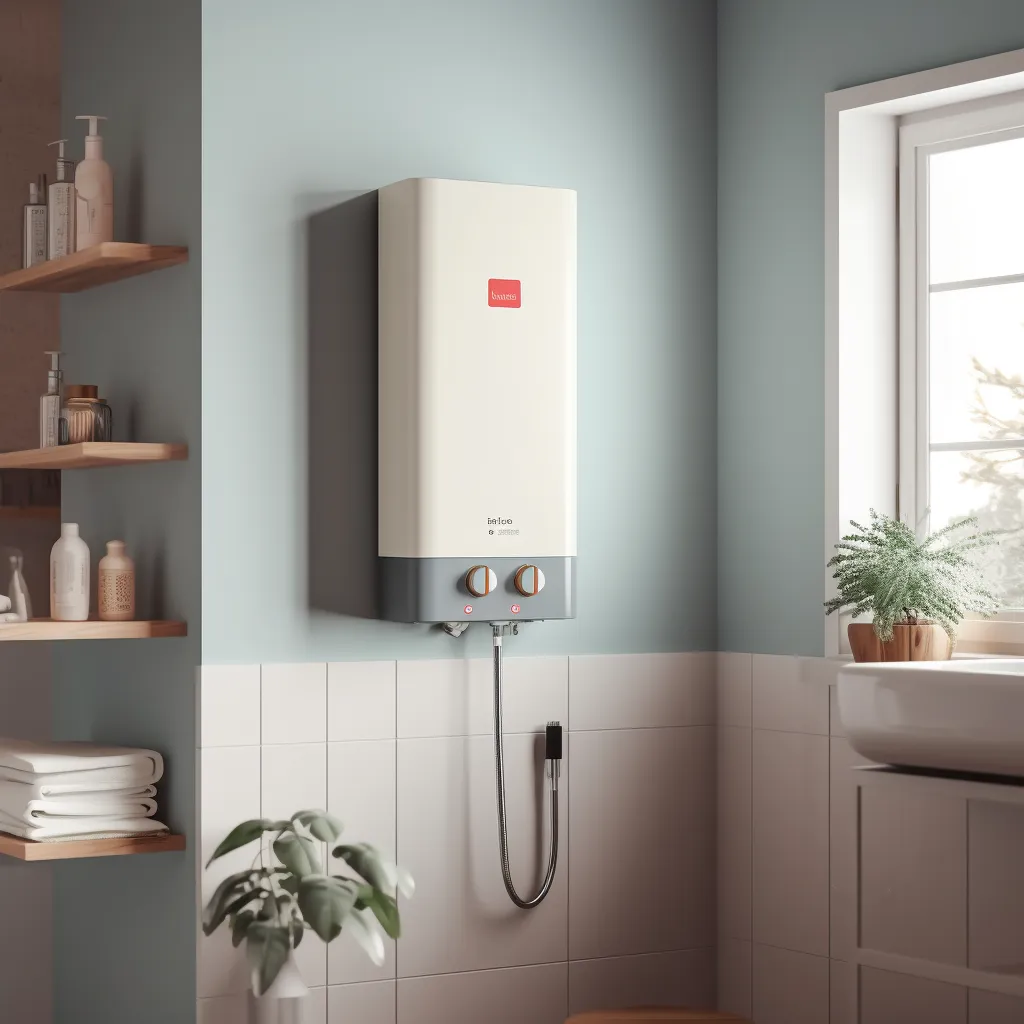
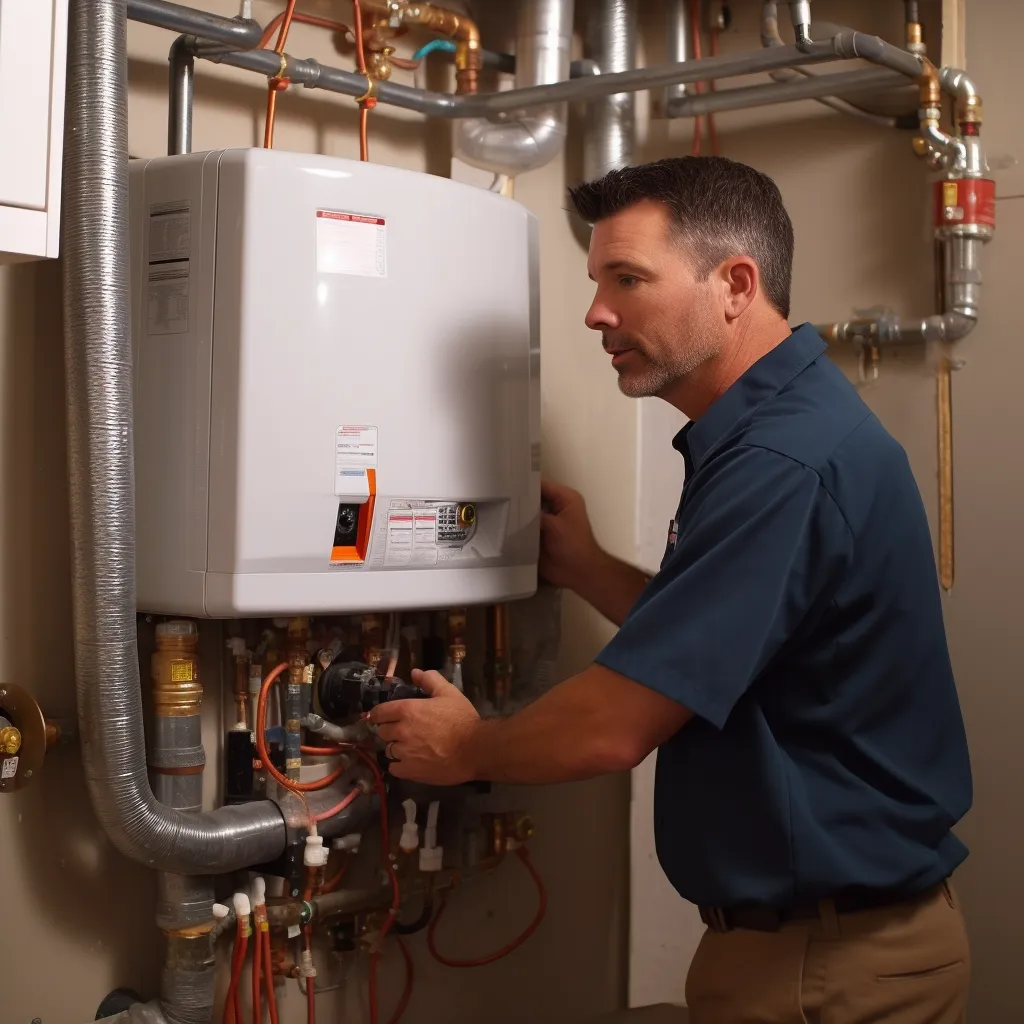
Myth # 8: Cranking up the water temperature is a good idea
Increasing the temperature of your water heater may seem like a quick solution, but it's important to exercise caution as it can have several drawbacks. One significant concern is the risk of scalding and severe burns, particularly for children and older adults. Additionally, higher water temperatures can lead to mineral buildup in pipes and appliances, resulting in costly repairs or replacements.
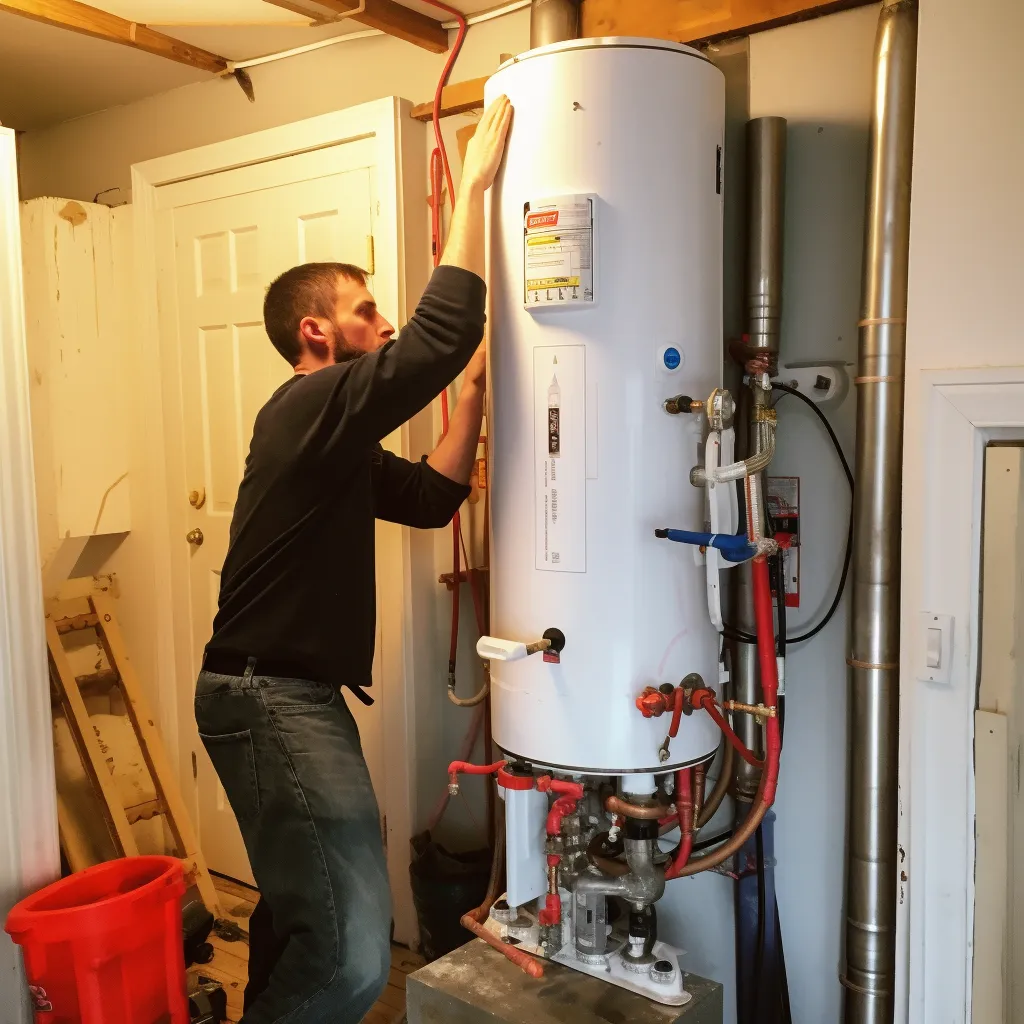
Myth #9: Setting your water heater to the highest temperature
is the way to go
Setting your water heater to the highest temperature is not an effective approach to achieve hot water quickly, and it is a common misconception. In reality, this practice not only wastes energy but also poses a significant safety risk by increasing the likelihood of severe burns. Most households can comfortably set their water heater to around 120 degrees Fahrenheit, which provides hot water for daily needs while ensuring safety.
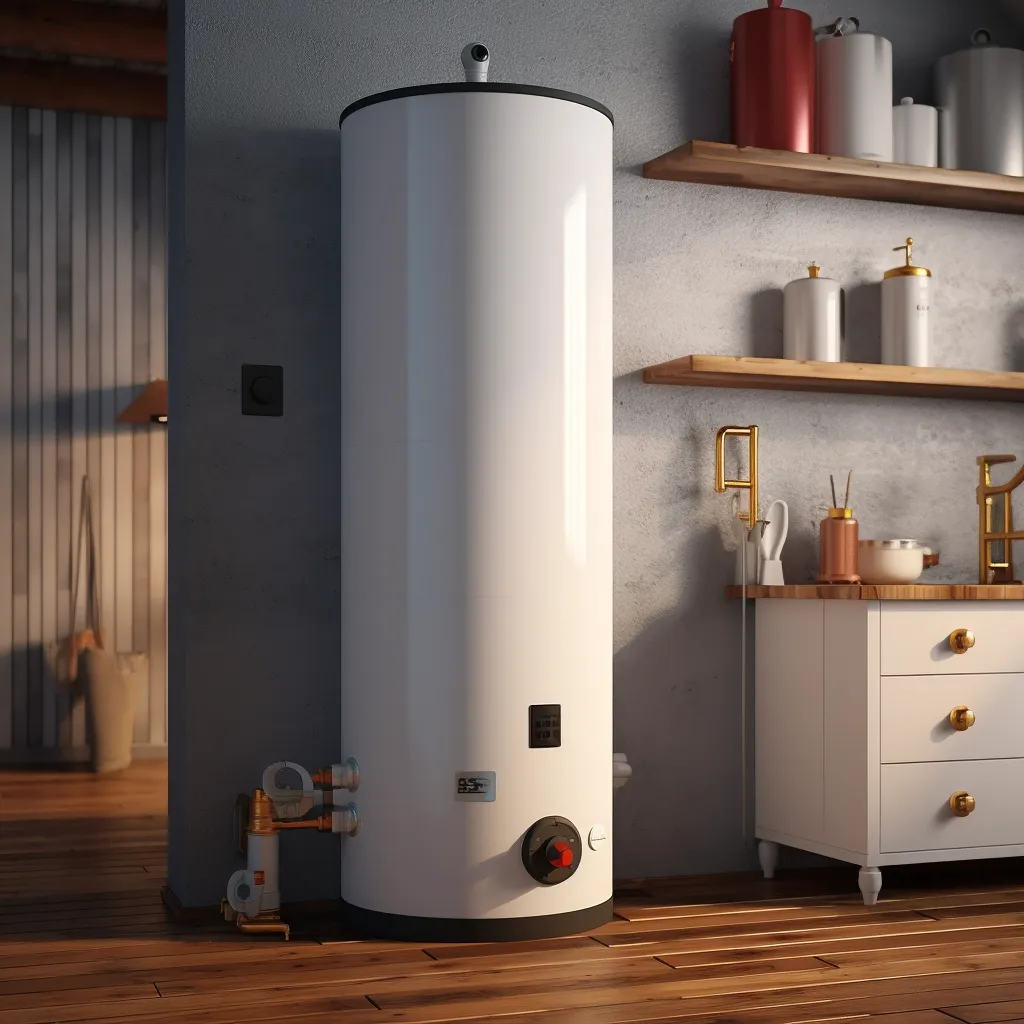
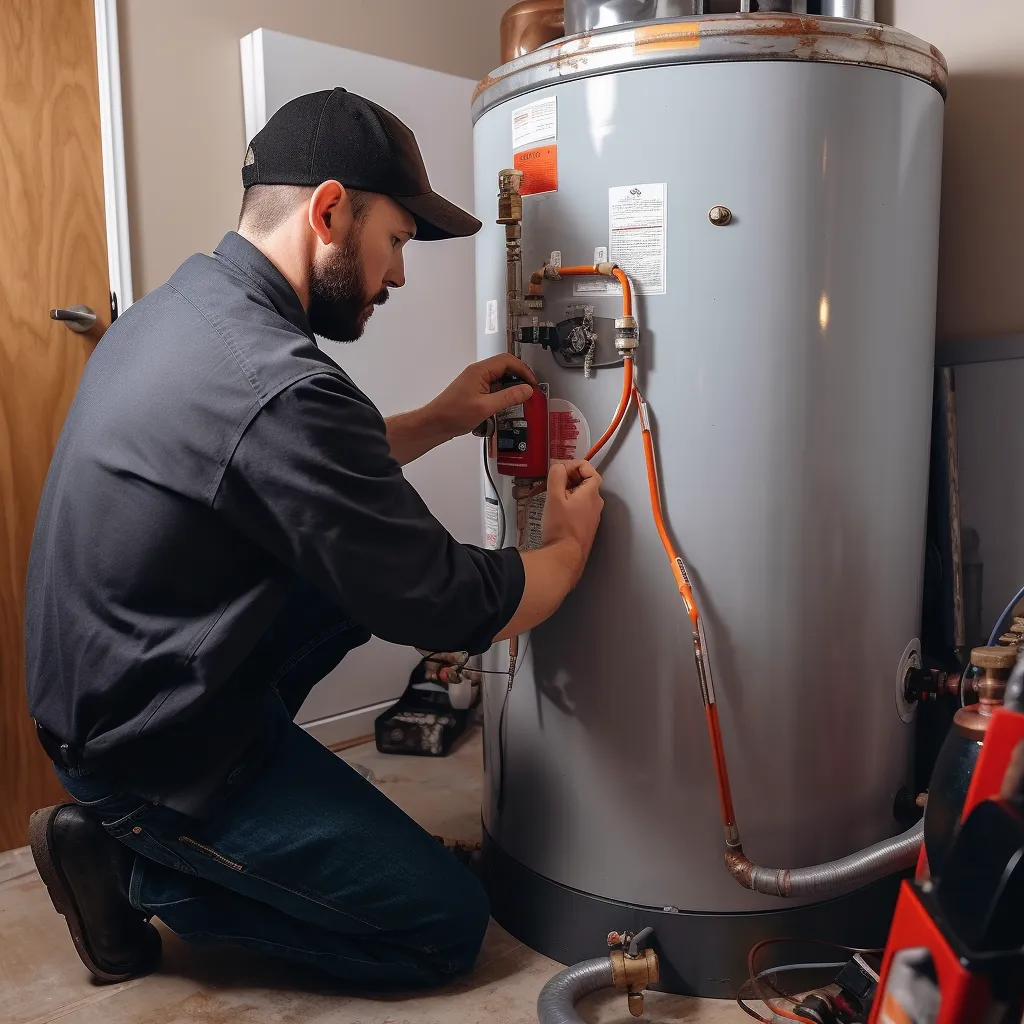
Myth #10: Your water heater wastes energy
Water heaters have made significant advancements in energy efficiency compared to older models. Modern technologies, such as tankless water heaters, offer a more energy-efficient approach by heating water on-demand instead of continuously maintaining heat in a tank. Other features, like insulation and timers, help prevent heat loss and optimize energy usage.
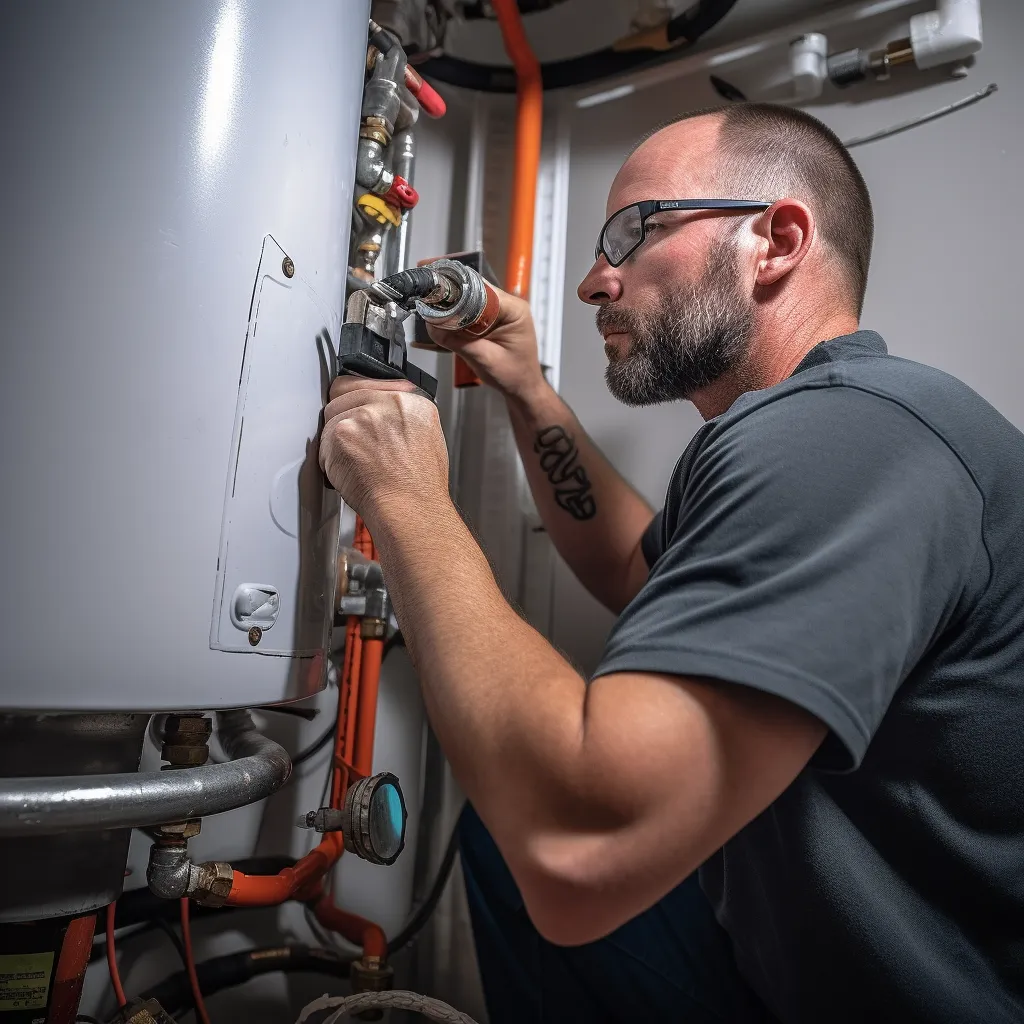
Myth #11: You don't need to regularly maintain
a water heater
Regular maintenance is essential for the proper functioning of water heaters. Neglecting routine upkeep can lead to decreased efficiency, costly repairs, or the need for replacement. To keep your water heater running smoothly, it's important to periodically check the pressure relief valve, flush the tank to remove sediment buildup, and ensure the thermostat is functioning correctly.
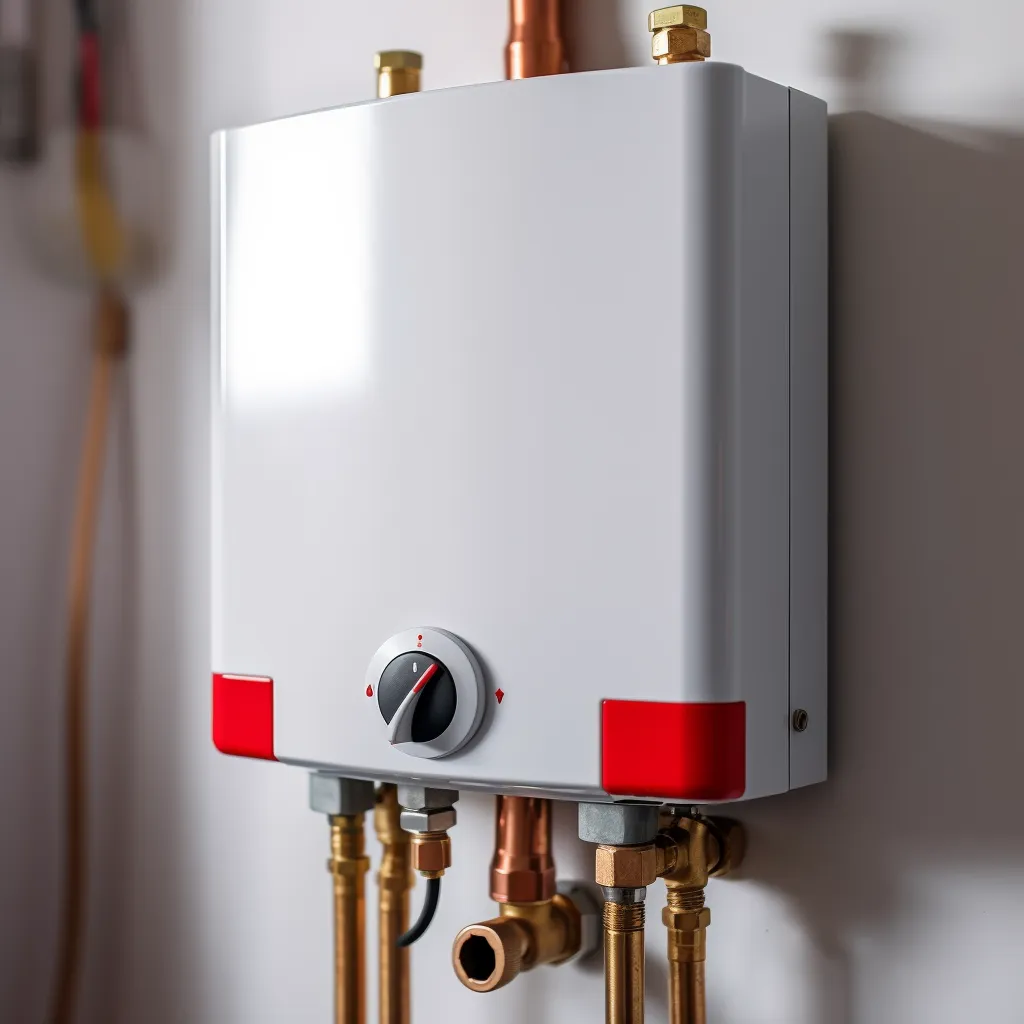
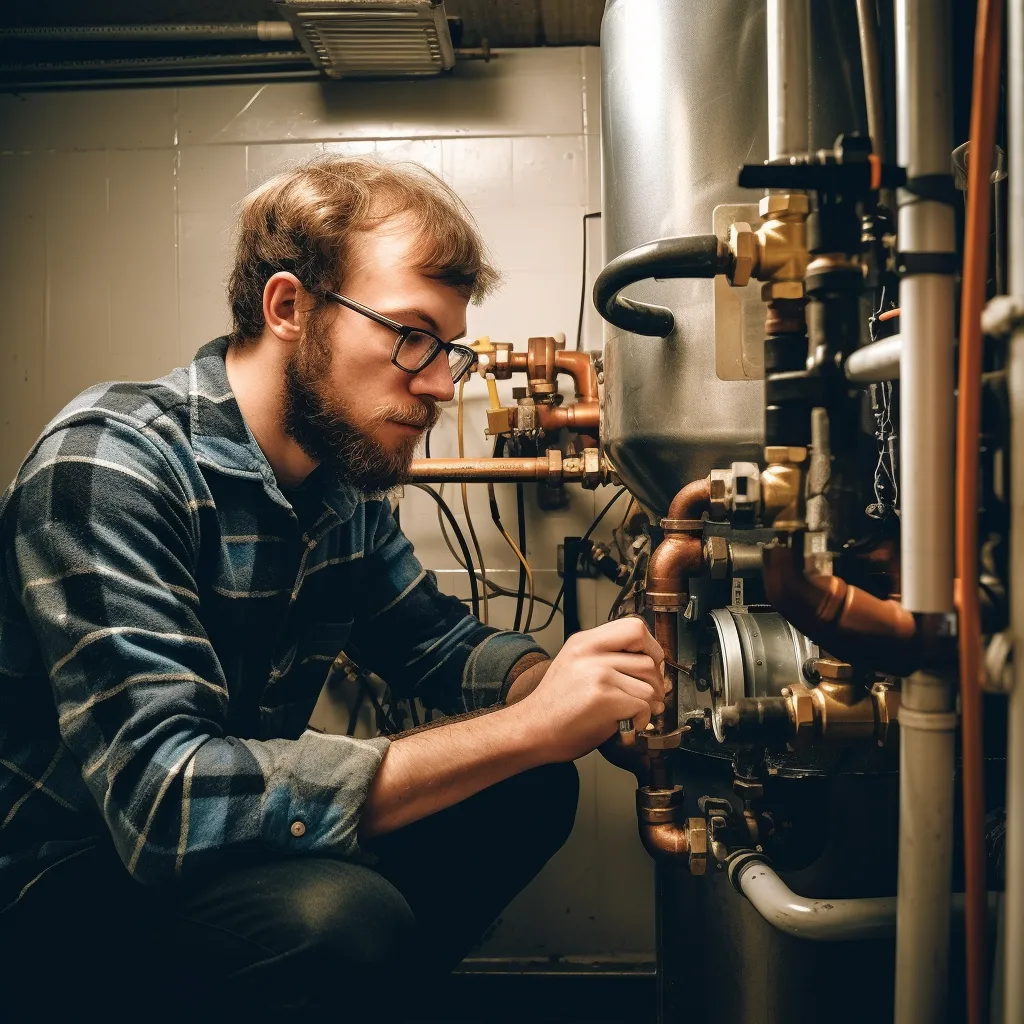
Myth #12: You can use any type of water heater in the home
When it comes to choosing a water heater for your home, it's important to consider factors such as the size of your family, number of fixtures, and your budget. Contrary to the misconception that any type of water heater will suffice, different types, like tankless heaters, have unique requirements. To ensure you select the most suitable and cost-effective option, it's advisable to consult with a professional who can assess your specific needs.
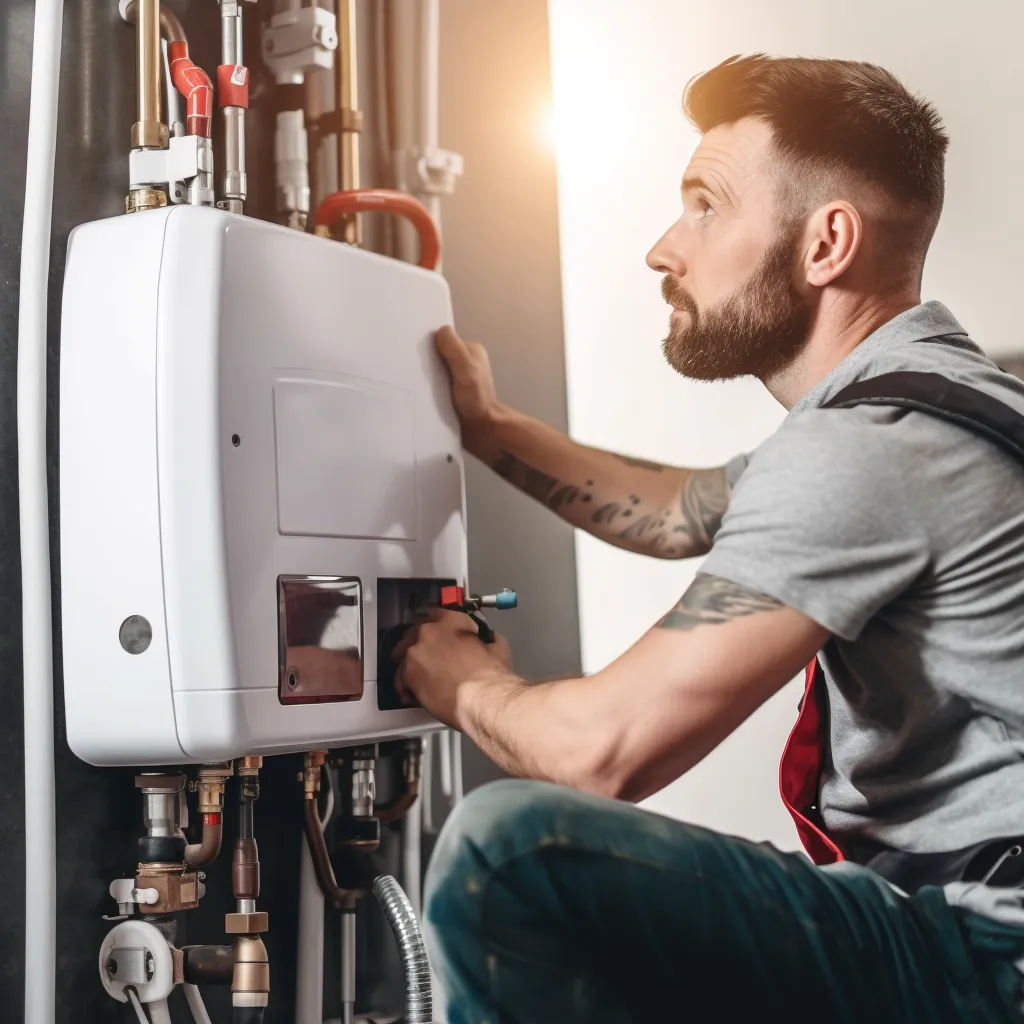
Myth #13: Hard water damages your water heater
While it's true that water heater manufacturers design their products to withstand the effects of hard water, it's important to note that hard water can still have some negative impacts on your water heater over time. The minerals present in hard water, such as calcium and magnesium, can accumulate inside the water heater tank and on heating elements, reducing efficiency and potentially causing damage. Regular maintenance, such as flushing the tank and descaling, is necessary to prevent excessive mineral buildup.
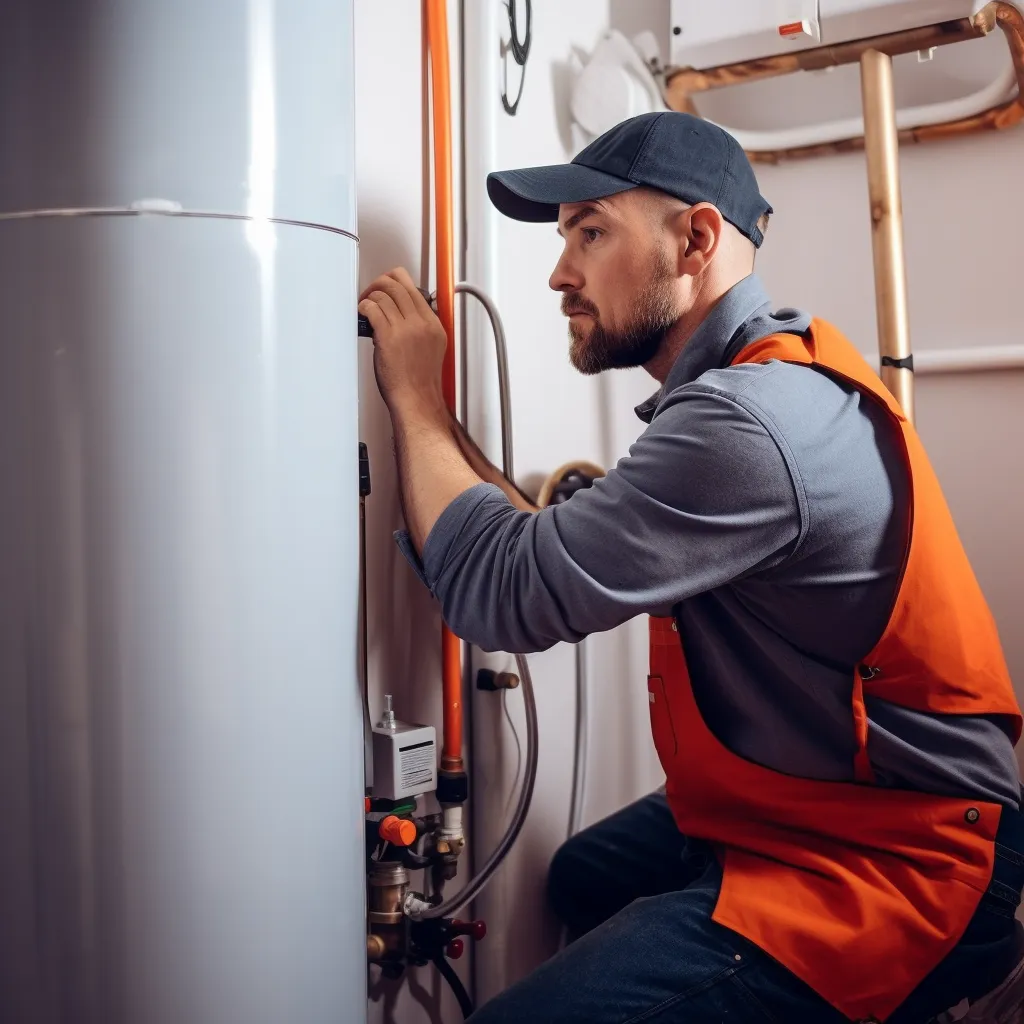
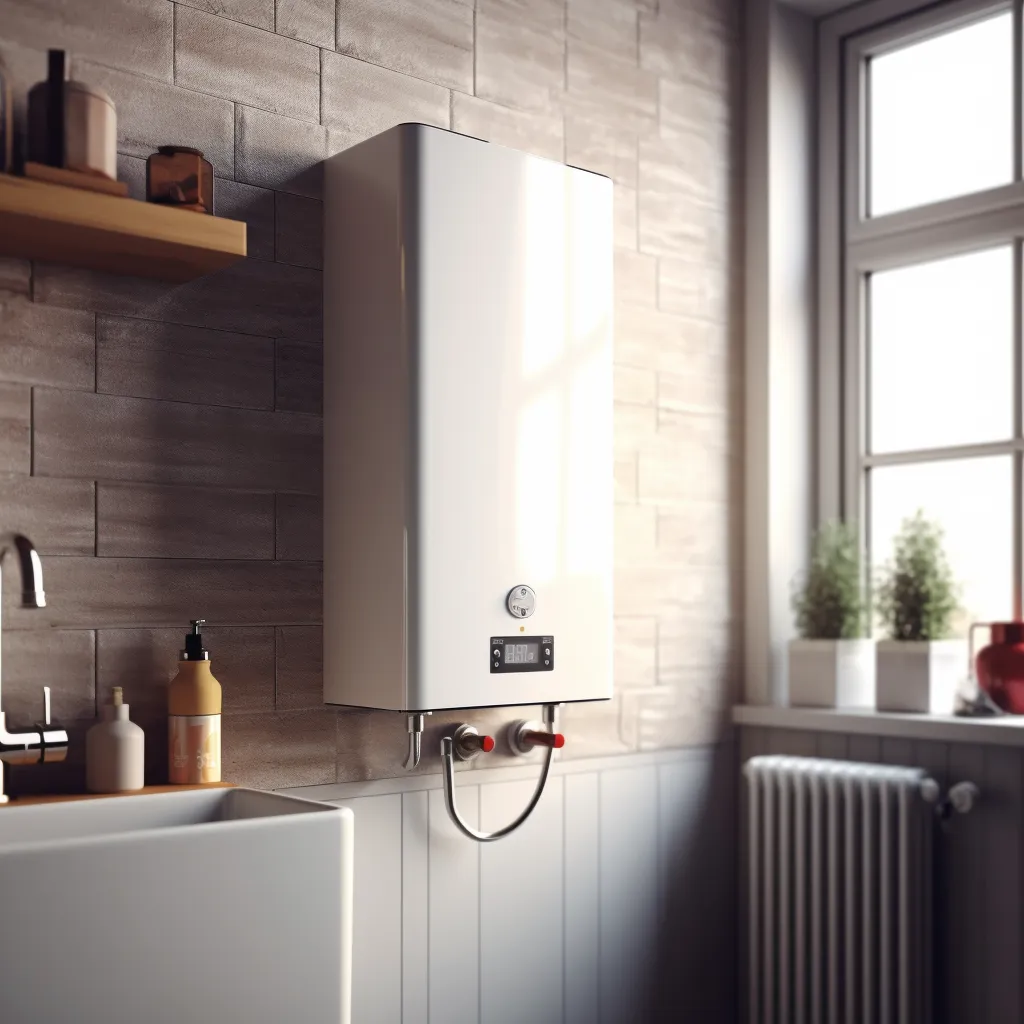
Myth #14: Tankless water heaters are more costly
Tankless water heaters are indeed more expensive upfront compared to traditional storage tank water heaters. However, their long-term energy and cost efficiency make them a worthwhile investment. Unlike traditional heaters that continuously heat and store water, tankless heaters heat water on demand, resulting in reduced energy waste and lower monthly utility bills.
Contact Us
GET IN FULL TOUCH
PHONE: (831) 604-3132
EMAIL:
Gregory@waterheaterseaside.com
Family Home Plumbing Services
Seaside, CA 93955
